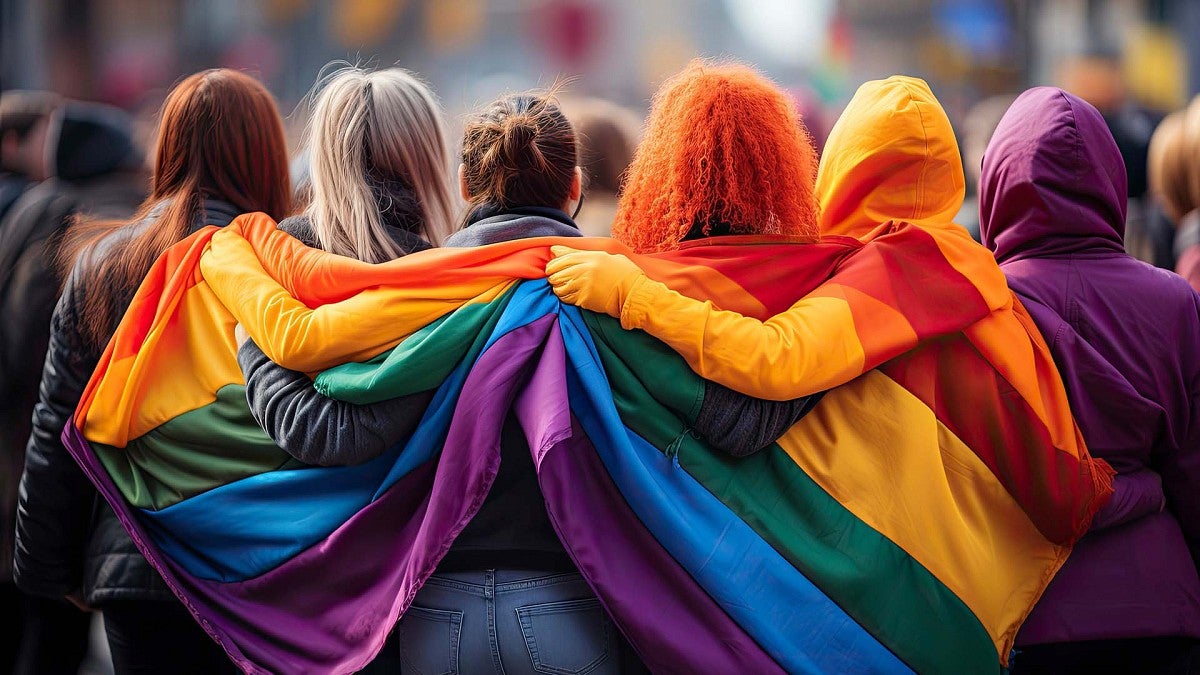To help educators create an environment of inclusivity and acceptance for LGBTQ+ students, the University of Oregon’s HEDCO Institute created a quick summary of five evidence-supported strategies for schools.
They range from the creation of Gay-Straight Alliance clubs to inclusive curricula and anti-bullying policies. The blueprints are aimed at bolstering school support for LGBTQ+ students, who are twice as likely to experience depression, anxiety, self-harm, and risk of suicide than their heterosexual peers, according to a 2017 study published in The Australian and New Zealand Journal of Psychiatry.
Research shows a lack of supportive environments is a strong risk factor for LGBTQ+ youth substance use, and many LGBTQ+ youth report fewer social supports from teachers and peers than their non-LGBTQ+ peers.
“A key part of our mission at the HEDCO Institute is to make research more useful to educators,” said Elizabeth Day, a research assistant professor who worked on the summary. “Our goal was to distill the findings of a rigorous, high-quality review on supporting LGBTQ+ youth so decisionmakers could find approaches and resources for implementation all in one place.”
The HEDCO Institute’s report dives into the details of each intervention, looking at how it helps, when it works best, why it works, what the potential harms or drawbacks are, and where to find sources to learn more. More information is available in the report.
Five interventions are:
- Gay-Straight Alliances or similar student clubs that aim to create a safe and supportive school environment for youth with diverse sexual and gender identities and allied youth.
- Inclusive anti-bullying and harassment policies that aim to address all forms of bullying and create safe and supportive school climates for students.
- Workshops including media interventions, such as panel discussions, film screenings and theater performances that aim to raise awareness about homophobic, biphobic, and transphobic bullying and discrimination and promote understanding toward people identifying as sexual and gender minorities.
- Sexual and gender minority ally and staff training for all school staff on issues essential to promoting a positive school climate for LGBTQ+ students.
- Inclusive curricula that aim to promote diversity and equality for all students and treat sexual and gender minority issues on an equal footing to heterosexual and cisgender issues.
The HEDCO Institute’s report was based on a “rapid realist” review published in the journal Nature Human Behaviour in 2023, which considered information from 53 sources. The review looked at students ages 11-18 in secondary schools. Using insights from the research and consultation with a youth advisory group and a stakeholder advisory group, the review authors identified five types of universal interventions that can support LGBTQ+ youth at school.
—By Joe Golfen, HEDCO Institute for Evidence-Based Educational Practice


